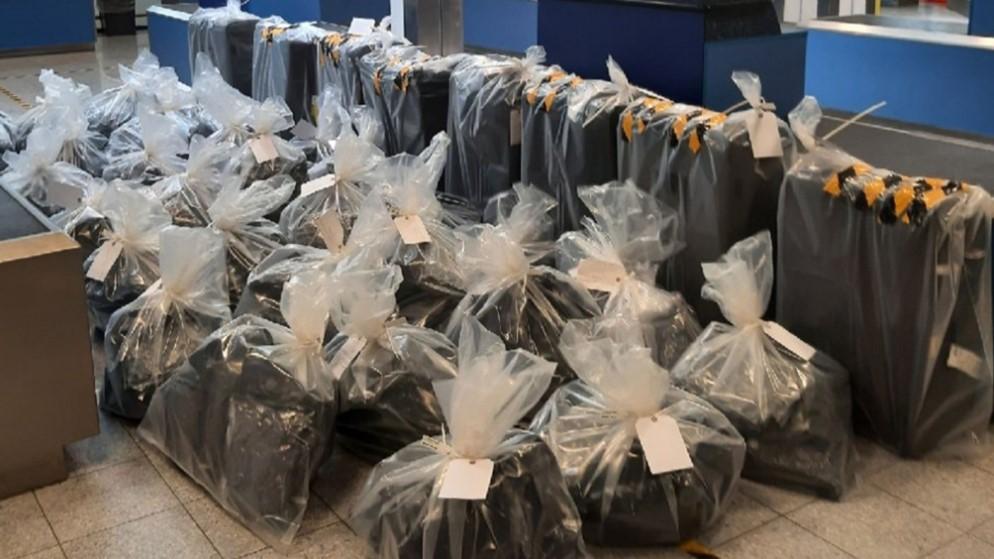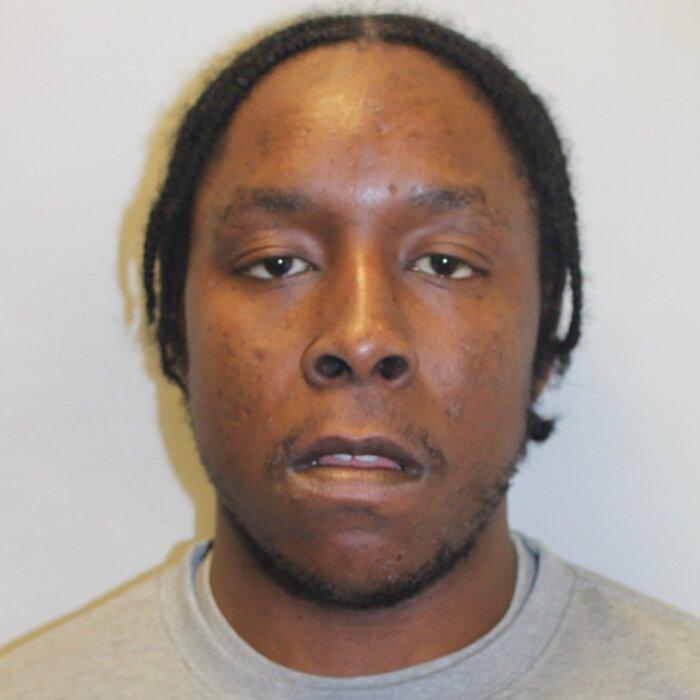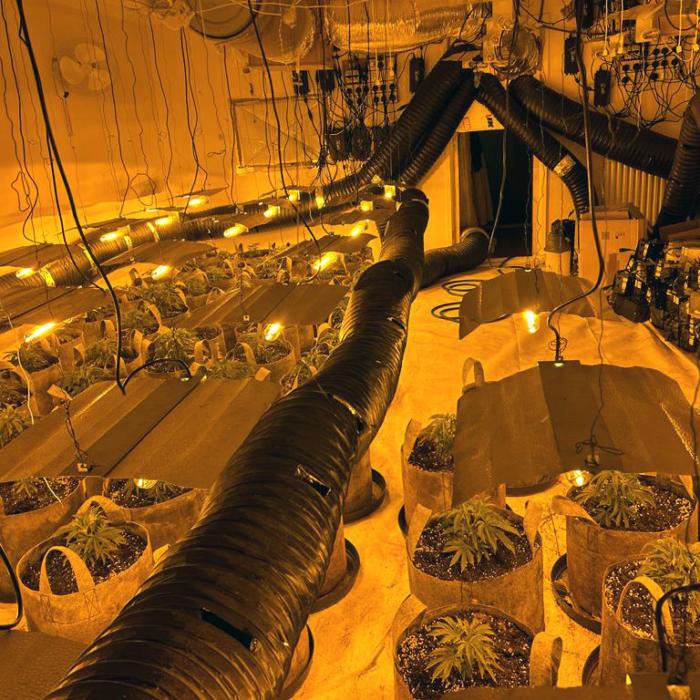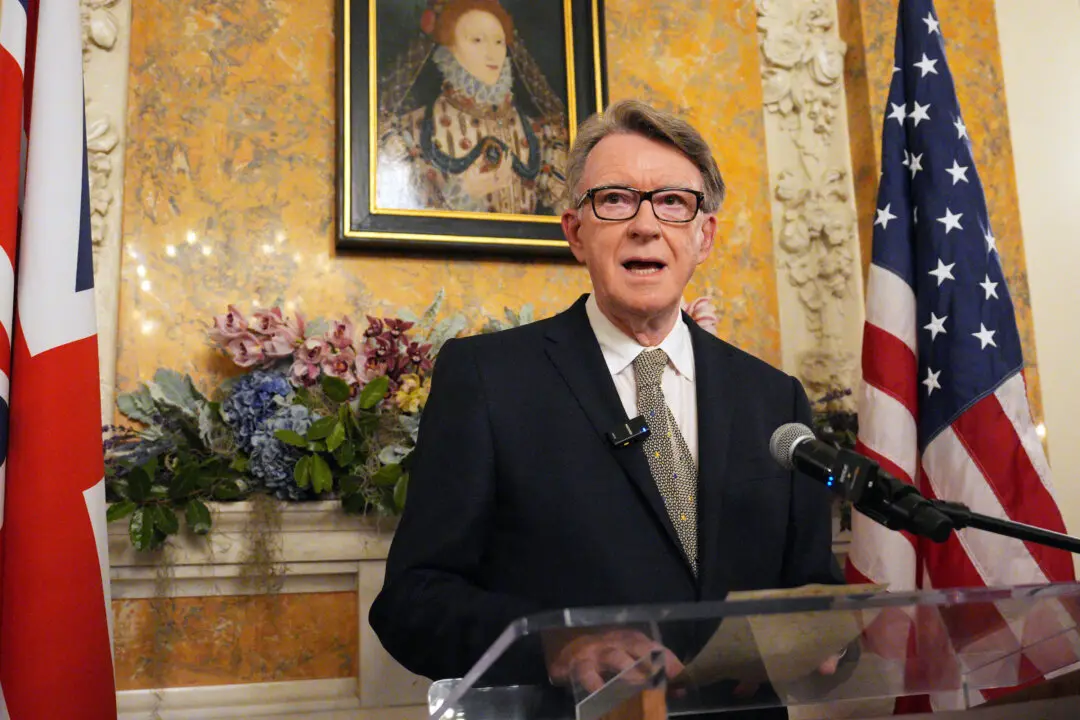Two-thirds of police officers (66 percent) believe that cannabis use is to all intents and purposes no longer treated as a crime in the UK.
While using the Class B drug remains a statutory offence, the survey found the majority of police believe smoking cannabis on the streets is usually ignored and that forces do not have the time or manpower to crack down on it.
Drug Deaths at Record High
Researchers found that drug poisonings hit a record high last year and now account for three times as many deaths in the UK as car crashes. One of the arguments against legalisation is that cannabis is sometimes a “gateway” to using other substances.The CSJ said the country is “facing a drug addiction crisis of unprecedented proportions” with 5,448 drug poisoning deaths in 2023, an 84 percent increase over the past decade.
“Drug-related fatalities now far outstrip road accidents and knife crime deaths, highlighting the urgent need for a stronger response,” the report said.
Some 9.5 percent of working-age adults, or 3.1 million people, report they have used drugs in the past year, although researchers believe the true figure could be significantly higher.
More than 13,800 babies have been born with withdrawal symptoms consistent with the mother having a drug addiction since 2012–13, the report found.
Law Enforcement ‘Critical’
Law enforcement plays a “critical role in reducing the supply of dangerous substances and deterring crime associated with drug use,” the authors wrote.“Police forces across the UK report feeling unsupported and ill-equipped to manage the growing complexity of drug-related issues. Two thirds (66 per cent) of police officers think cannabis is, to all intents and purposes, fully or partially decriminalised in practice, showing ambiguity and inconsistency in how cannabis laws are interpreted and enforced on the ground.”
The CSJ is calling for “urgent investment” in targeted treatment and recovery services, with real terms funding having been slashed since 2012.
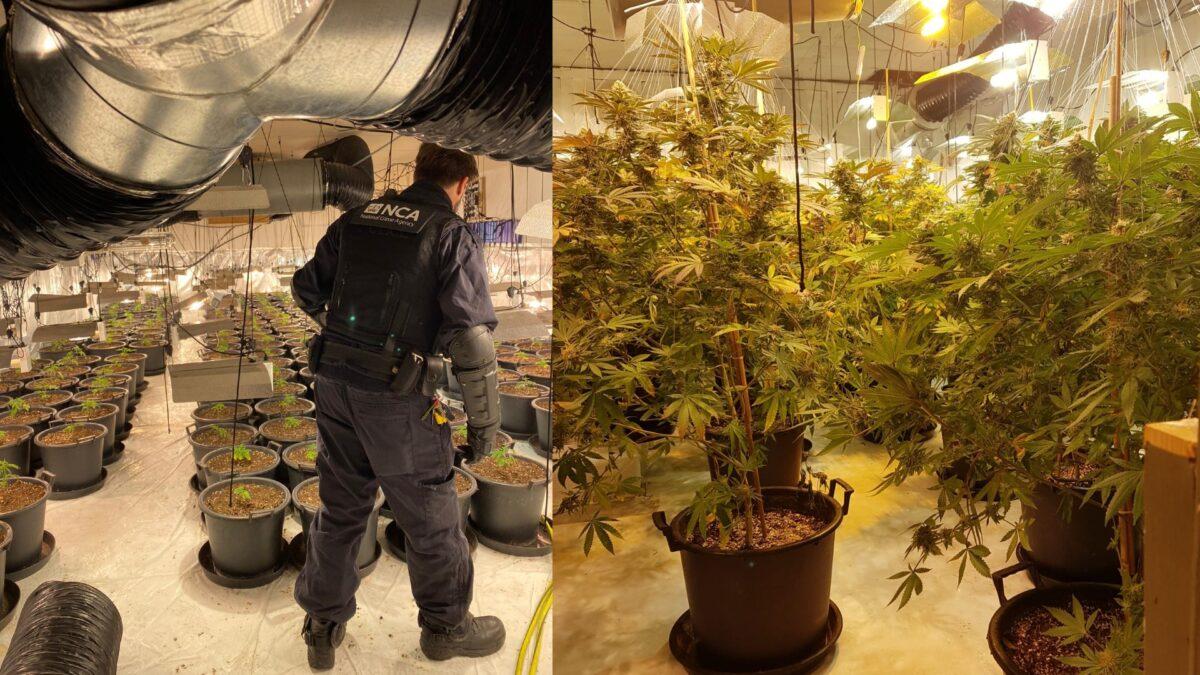
The report also advocates for enhanced monitoring systems, including a national non-fatal overdose tracking programme and expanded testing of waste water, to provide more comprehensive data on the extent of drug use.
The think tank cautions that “harm reduction programmes,” such as Scotland’s Safer Drug Consumption facilities, should be carefully evaluated to ensure they are delivering positive and measurable outcomes, including increased recovery rates and reduced crime.
Restricted Since 1928
Cannabis is controlled under the Misuse of Drugs Act 1971 in the UK, and its use has been restricted since 1928.The maximum punishment for possession is five years in prison, an unlimited fine, or both. Police can issue a warning or an on-the-spot fine of up to £90 to those caught with small amounts of the drug for personal use. A “cannabis warning” entails the police keeping a record, albeit one which carries no fine and does not show up on a standard criminal records check.
For growing and dealing cannabis, the maximum penalty is 14 years in prison, an unlimited fine, or both, although in practice, such sentences are rare.
Under the last Labour government in 2004, cannabis was reclassified as a Class C drug, but moved back to Class B just five years later in 2009, chiefly because of the mental health risks of regular use of the drug, particularly the stronger form known as “skunk.”
In 2016, the Liberal Democrats became the first major political party in the UK to support the legalisation of cannabis, and have since been joined by the Green Party. Pressure groups in favour of legalisation argue it would divert money away from criminal gangs and into the economy, while allowing the product to be made safer through regulation.
Both Labour and the Conservatives have always opposed legalising the drug. Prime Minister Sir Keir Starmer, a former director of public prosecutions, said in 2020 that he supported decriminalisation for personal use, but appeared to alter this position in 2023, when he said that its use does not always amount to “low level” crime, and that it can “ruin lives.”
